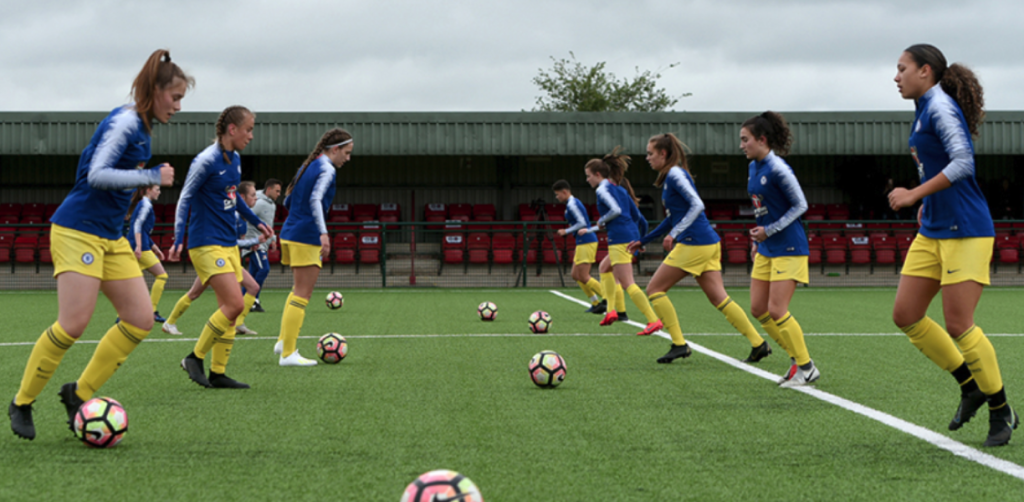Author – Vedika Jogani
A recent graduate from Ithaca College with a Master’s degree in Sports and Exercise Science, specializing in Mental Performance, Vedika Jogani is OMP’s Product and Content Manager.
In the exciting journey of being an athlete, there are plenty of highs and lows and that’s where a captain or coach steps in – they’re the guiding stars during tough times, making your sports adventure richer.
A true leader is there not only to lift you up but to craft a uniquely fulfilling experience in sports.
They serve as mentors, igniting motivation and inspiration, especially when the going gets tough.
Their dedication to supporting individuals seamlessly leads us to delve into various leadership styles, shedding light on how effective leaders play a crucial role in the overall growth and success of athletes.
Exploring Leadership Styles:
- Bass’s Transformational Leadership Theory (1985) posits that effective leaders inspire and motivate followers by elevating their aspirations and fostering a collective commitment to organizational goals through charisma, intellectual stimulation, individualized consideration, and inspirational motivation.
- Emotional Intelligence, popularized by Daniel Goleman, emphasizes the ability to recognize, understand, and manage one’s own emotions and those of others for effective interpersonal relationships and leadership.
- Chelladurai and Saleh’s (1980) Multidimensional Model of Leadership identifies five leader behaviors (training and instruction, democratic behavior, autocratic behavior, social support, and positive feedback) to understand their impact on athlete satisfaction and performance in sports settings.
- Authentic Leadership, as conceptualized by Avolio & Luthans (2006), Gardner et al. (2005), George (2007), Kernis (2003), and Luthans & Avolio (2003), emphasizes genuine self-awareness, transparent communication, and ethical behavior in leaders to foster positive organizational outcomes.
Recognizing your unique leadership style is crucial for fostering the growth of both athletes and the team.
Leaders leverage these distinctive characteristics as powerful tools to elevate their team’s performance to new heights.
Characteristics that Transcend the Game:
- The Whole is Greater than the Parts: A true leader understands that the team’s collective strength surpasses individual brilliance. Trusting in the abilities of each teammate, a leader fosters an environment where everyone plays their best, leveraging their unique talents to contribute to the team’s success.
- Authentic Relationship Building: Super Bowl champion and Patriots captain, Matthew Slater (pictured above), embodies authentic leadership by emphasizing genuine care for teammates as individuals, not just players. He says, ‘“[It] starts with showing them that I care about them as men and that I care about the trajectory of their lives moving forward beyond the game of football.”
- Winning is Not Everything: Beyond the pursuit of victory, a leader is invested in the success of every player. Instilling a mindset that values sportsmanship over mere triumphs, leaders inspire their teams to persevere, play with integrity, and never give up even in the face of challenges.
- Aggression in Intent Rather than Expression: Leaders channel aggression not through overt displays of dominance, but through the intent to push boundaries and elevate the team. This intentional aggression manifests itself as a driving force that fuels determination, resilience, and a commitment to reaching new heights collectively.
In the dynamic realm of sports, leaders serve as guiding stars, crafting fulfilling experiences by igniting motivation and inspiration.
From transformative styles to authentic approaches, leaders transcend the game, fostering positive outcomes and prioritizing collective success over individual brilliance.
Characteristics like valuing authentic relationships, prioritizing sportsmanship, and channeling aggression with intent underscore their enduring impact on both the team and individual trajectories.





